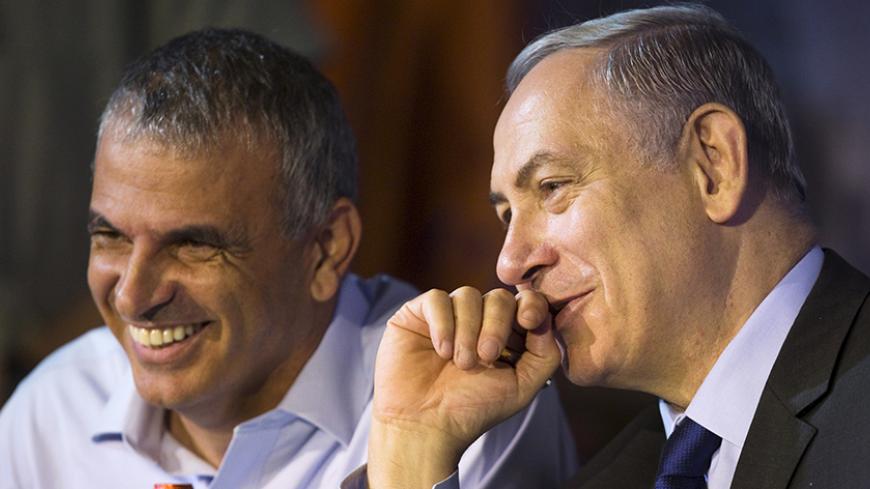The 2014 poverty report issued Dec. 9 by the National Insurance Institute (NIS) revealed a worrisome increase in the number of poor people in Israel. As expected, it generated big headlines and political finger pointing. As with the public discourse on other weighty issues in recent years — for example, regarding the state’s natural gas reserves — the Israeli public was treated to a largely populist debate. Most Israelis are correct in feeling that what was will be, that nothing will change and that poverty is probably preordained by a higher power.
Some media outlets described the report as “shattering,” because it paints a grim picture of some 1 million adults and almost 800,000 children living below the poverty line, making Israel second in the West in terms of child poverty. The report also shows that poverty rates grew in 2014 compared to 2013 rates. According to the NIS, the main reason was cuts in child welfare payments by the previous government, headed by Prime Minister Benjamin Netanyahu with Yair Lapid as finance minister. Hence, the NIS recommended restoring payments to their previous level.



